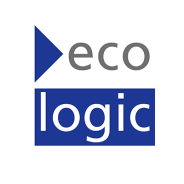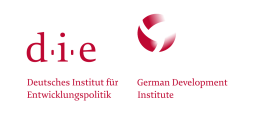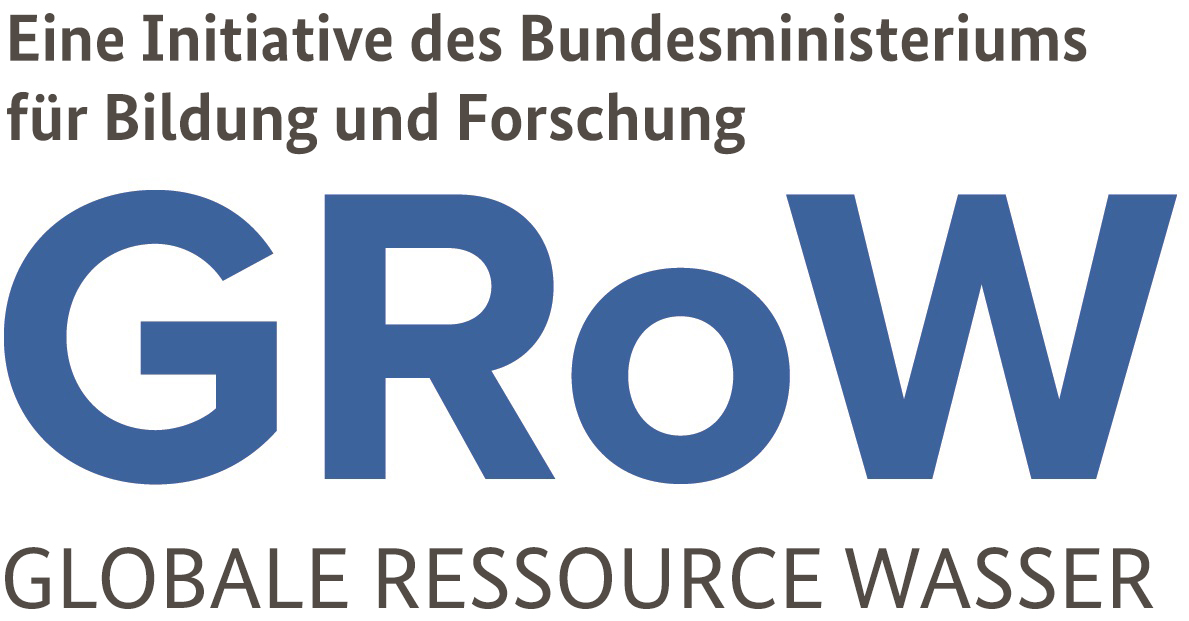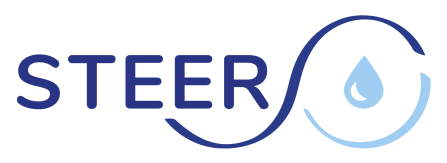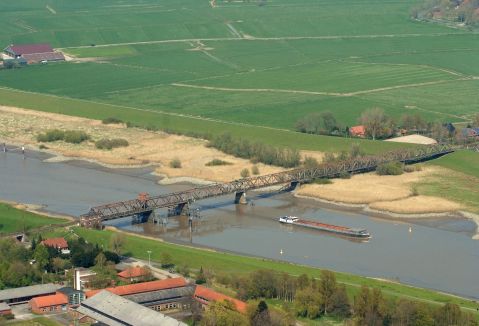
Summary
STEER aims to identify starting points for increasing good governance in relation to complex systemic challenges facing integrated water resources management (IWRM). In particular, the project will focus on water conflicts and on conditions that will encourage better coordination and collaboration between relevant actors. With this in mind, STEER plans to develop a diagnostic water governance toolbox. The toolbox will be aimed at regional, national and international actors who are committed to sustainably managing water resources. In terms of its spatial focus, the research will cover five in-depth case studies in Germany, South Africa, Mongolia and Spain, and up to 15 additional case studies which will be used to validate the results. As for its methods, the project will build on qualitative comparative case studies to examine in detail the factors that influence coordination and collaboration.
Priorities
Relevance
Water resources are at risk in many parts of the world because the different types of use are not sufficiently harmonised. The complexity of numerous water conflicts presents IWRM with major challenges for which no satisfactory solutions yet exist. In light of this, STEER will research innovative forms of coordination and collaboration to increase good governance across all sectors and thus solve water conflicts. STEER will work at the subnational level because existing research is almost exclusively limited to coordination efforts at the national level. At the heart of the project is a diagnostic approach that will allow researchers to investigate typical problems and develop appropriate strategies for solving them.
 uni-osnabrueck.de
uni-osnabrueck.de

